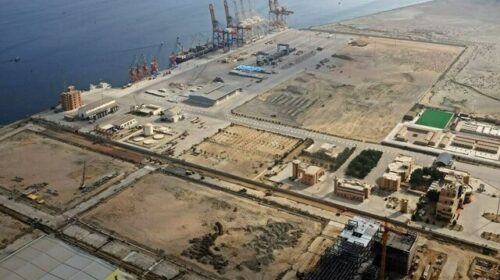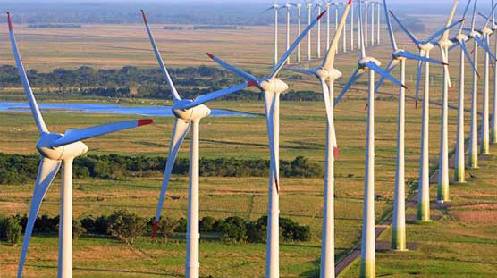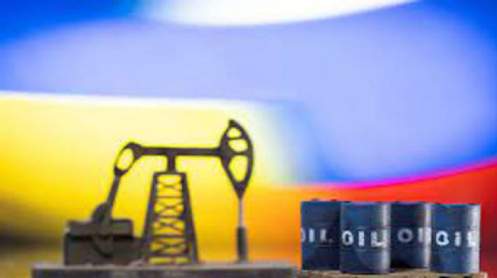Pakistan on Thursday urged China to put $18.5 billion worth of five projects on the fast track, as it feared that any further delay would cause collapse of the rail system in one year and delay 3,100 megawatts of electricity generation.
The plea was made by Minister for Planning and Development Ahsan Iqbal during the 11th Joint Cooperation Committee (JCC) meeting. Iqbal has chaired eight out of the total 11 JCC sessions.
China-Pakistan Economic Corridor’s (CPEC) JCC meeting ended without any new announcement and it discussed the “missed opportunities” and “prolonged delays” in the execution of schemes agreed eight years ago.
Besides Ahsan Iqbal, the meeting was co-chaired by National Development and Reform Commission (NDRC) Vice Chairman Lin Nianxiu.
Islamabad requested Beijing to consider the $10 billion Mainline-I railway project, $1.2 billion Karachi Circular Railway project, $1.6 billion Azad Pattan hydropower project, $2.5 billion Kohala power project and $3 billion Thar Block-I coal project on priority, according to officials who attended the meeting.
“These projects are facing years of delay due to obstacles from both sides,” an official said.
In addition to that, the planning minister reminded China to consider Pakistan’s request for the relocation of $584 million Gwadar power plant due to certain concerns.
The minister highlighted the missed opportunities, particularly Pakistan’s failure to take advantage of Chinese experience to develop the Special Economic Zones (SEZs).
He also pointed to the “prolonged delays” in the execution of projects while seeking the Chinese help to save Pakistan’s rail system.
“The government has not signed minutes of the 11th JCC and a formal announcement about the outcome will be made during the visit of Prime Minister Shehbaz Sharif to China,” said the minister. “The PM will go on a two-day visit on November 1.”
A diplomatic source said that some projects in the infrastructure and energy sectors were expected to see new progress during the PM’s visit. Similarly, facilitation arrangements for export of some agricultural products to China will be made. Memoranda of understanding (MoUs) for cooperation in information technology and SEZs as well as capacity building for security will also be signed. “Had we announced the JCC decisions, it would have stolen the thunder of PM’s visit,” remarked Ahsan Iqbal.
Initiated in 2013, so far 28 projects worth $18.8 billion have been completed while $34 billion worth of schemes are either being implemented or at various stages of planning.
“If we don’t start the ML-I project immediately, the mainline of Pakistan Railways will likely collapse within one year,” Iqbal told the NDRC vice chairman.
He added that since China took the ML-I project in CPEC fold, Pakistan Railways had not invested in the project.
Last week, Pakistan increased the project cost to $10 billion, a surge of 45%, which the planning minister said was done on the Chinese demand.
“Signing of the commercial deal will pave the way for a financing agreement for the ML-I project,” said Iqbal while urging China to give the go-ahead for the commercial contract.
The minister said that China had accepted the importance of starting work on Mainline-I and Karachi Circular Railway.
The government reviewed the progress on implementation of the ongoing schemes and identified new areas of cooperation, Iqbal said after the meeting.
Pakistan once again assured China that it remained committed to the tax and tariff policies agreed under the CPEC framework while reiterating that it would resolve the issues being faced by the Chinese independent power producers.
The minister lamented “prolonged delays” in the ex- ecution of three projects having total generation capacity of 3,100MW. He urged China to ensure early finalisation of their financing deals.
Pakistan sought the Chinese help to expedite work on the $1.6 billion Azad Pattan hydropower project and $2.5 billion Kohala hy- dropower project. The financial close of the $3 billion 1,320MW Thar Block-I project also remains pending.
But it is Pakistan that should be blamed for the delay, as the country has not been able to meet a core agreement condition of opening a bank account to save Chinese energy producers from circular debt.
Pakistan urged China to review alternative options for the 300MW imported coal-fired power plant, highlighting that the prices of imported coal were significantly higher and the government also wanted to apply strict environmental control in Gwadar.
But Pakistan pitched China to finance a new transmission line between Hub and Gwadar for smooth supply.
The planning minister admitted that Pakistan “has not been able to replicate Chinese experience in the SEZ area”.





